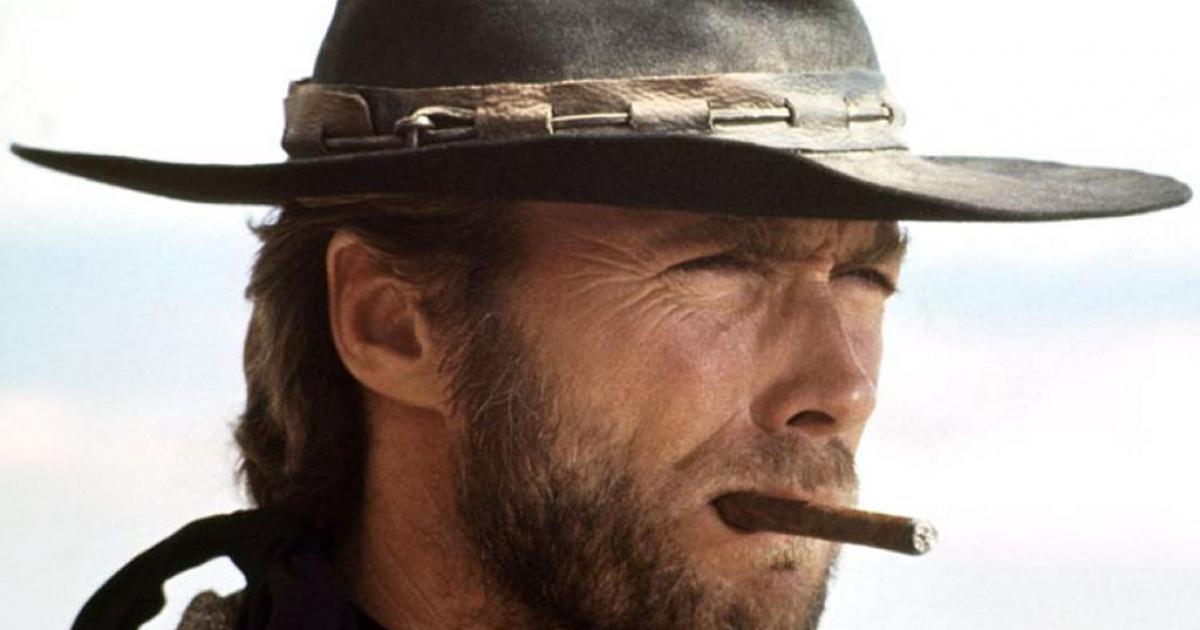Westerns tend to fall into one of two categories; there are the cowboys vs indians/white hat good guys shooting black hat bad guys, and there are the dark, gritty, revisionist Westerns where no one is really good, there are juts varying levels of bad. Sergio Leone’s first installment of the Dollars Trilogy is a case study on the Revisionist Western, utilizing sparse dialogue, vivid violence, and characters whose morals are negotiable. The idea that the good guy rides off into the sunset with the girl isn’t necessarily an appealing one as it’s tough to tell who the good guy is at the start, and even at the end of the flick the viewer finds themself wondering who really came out ahead after the dust settled.

I would argue that Western movies are inherently existential – they focus very closely on man’s mortality and highlight what fragile sacks of meat we really are. When there is nobody around for miles except for people that want you dead, and to run away from them puts you in an environment that’ll kill you just as quickly, it’s only natural to question your place in the universe. Westerns have always done a good job of making someone dying onscreen seem insignificant, whether its with the careless nature of the person doing the killing, or the unmiraculous death the actor plays by clutching himself and falling over, it always seems like the world hasn’t changed one iota for that person being gone. In watching these Revisionist Westerns the viewer is given the opportunity to confront an unremarkable death and ask themselves “what if I too die in such an unremarkable way?”
“It’s just as easy to die if you’re good as if you’re bad, so what’s the point?” Leone seems to ask. In his film it’s a lot of trouble to stand up for what’s right, rather than just ignore what’s wrong, and usually much more dangerous. At the end when The Man With No Name rides off into the sunset the same way he came in, less a few pints of blood, you can’t help but ask yourself “what was the point?” It’s been made obvious that he’s not inherently good, he knows he’s going to kill and goes so far as to alert the coffin maker he’d better start cranking out some product, removing the chance of hiding behind a “he shot first” defense. If The Man With No Name is going to go to all that trouble, through the pain of an ass-kicking, dusty horse-back rides and shoot outs, surely he must stand to gain something. Is it zen-like, to suffer for nothing, or nihilistic?
The film is successful in many ways, the sparse landscapes highlight how minuscule our existence is in relation to the world, and Leone makes use of some sweeping panoramic scenes that highlight how small a man is even when he’s in the middle of a gunfight with his life on the line. The cinematography uses close-ups like portraits, emphasizing not an emotion, but rather an experience the character is going through. Rather than tell the viewer how to feel based on the character’s reaction, we are given the driver seat and are allowed to decide how the scene makes us feel both in context of the film and relative to our own lives.
Having grown up in a generation with a dearth of good western movies (Tombstone and Unforgiven being the notable exceptions) I wasn’t exposed to the glamorous Roy Rodgers, John Wayne, and Randolph Scott movies where every person killed was either bad and deserved it, making the world a better place; or died a hero in the name of a noble cause. My own experience with modern movie going tending towards the grittier, darker side of human nature Fistful of Dollars really appealed to me. No character was good (especially not that little whiny crybaby that nearly got his dad killed on several occasions), which gets easier and easier to relate to as I make more and more mistakes in my own life. Sometimes you do something bad, or a number of bad things, and the only way to find meaning in life is to try to balance that out with some good. It’s a tall order to balance the bad out with good if they’re both weighted equally, but all we can do is swing and hope somehow gain a bit of redemption. For what I don’t know, but that’s for another movie review.
Artistic Merit
Entertainment Value
Quotability
Rewatchability

